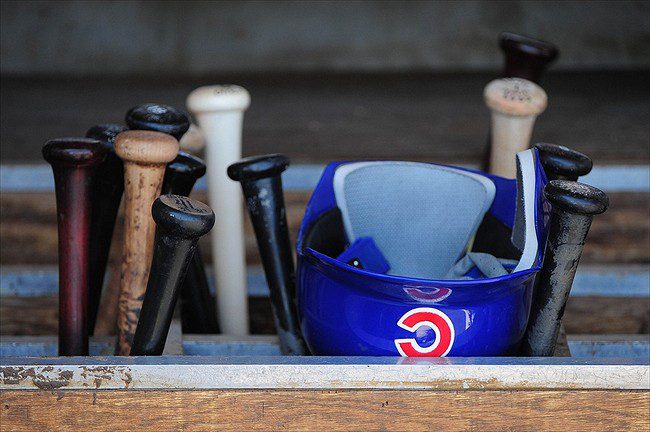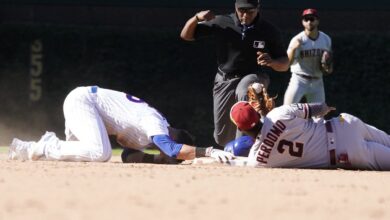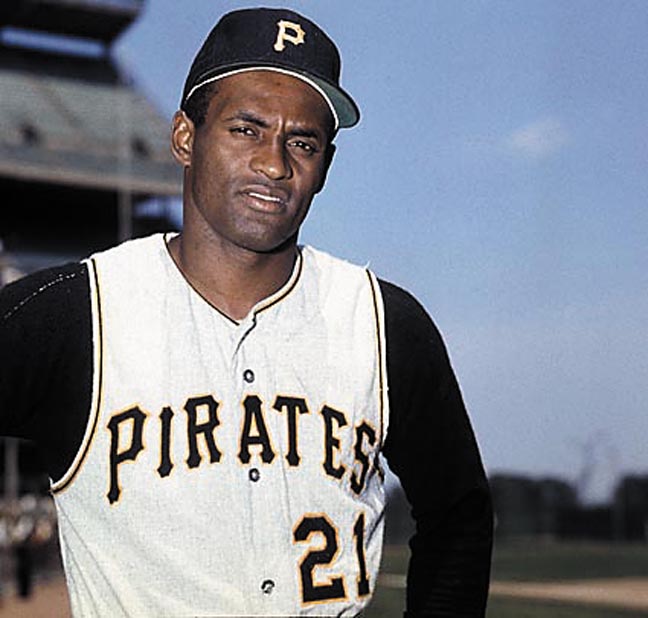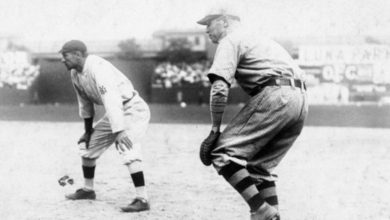


A week ago, I was on my way out of Chicago for some much-needed R&R in Wisconsin. The piece I wrote before leaving pointed out that the Chicago Cubs’ offense had been rendered punchless by the trade of Alfonso Soriano to New York, and the result had been a rather high rate of shutouts (six times in the first 21 games of the post-Soriano era). I boldly predicted the Cubs would be shut out anywhere from six to 10 more times before the season ends.
Being away for four days, and not having any access to wifi service on my phone, was a most peaceful change. Without a pennant race to think about, there’s really no need to get too invested in the Chicago Cubs anymore this season. Some have turned to following developments in minor-league pipeline, and others are thinking about where the Cubs will end up in the next draft order. But for me, if it doesn’t happen at the big-league level, it’s as if it doesn’t happen at all.
But the team managed to avoid being shut out for a whole week, and they even put up 11 runs against the Nationals last Monday. I was somewhat surprised, and began to think my shutouts prognostication had been too rough on the Cubs. And then Sunday’s game in San Diego came along.
The final score reflects a 3-2 Cubs loss to the Padres in 15 innings. Technically, that’s not a shutout. But what gets lost is the fact the Cubs went the first 12 innings of the game with no runs crossing the plate. It was the 11th inning before a Chicago Cubs player even reached third base. And one run would have been enough to put the game away, with the Padres having struggles of their own at the plate. But the Cubs offense came up empty until the 13th inning, and for that reason I have a decision to make: Does the game get counted as a shutout or not?
My vote is that it does. The Cubs didn’t just go 27 outs without scoring a run, they went 36 outs. That’s more than enough offensive futility to earn a shutout, in my mind. Of course, if the Cubs had won the game — and they nearly did until another bullpen collapse did them in — then it’s not a shutout. But they lost, so something should be done to remember just how bad the offense was.
Mercifully, there are now just 32 games left in the season. With one shutout in the bank, the Chicago Cubs will need to average a shutout a week to hit the lower end of the range that I predicted. Getting to 10 shutouts might seem like a stretch, but then again, so did blowing a six-run first inning lead in San Diego on Friday night. So, we’ll have to see what happens over these last five weeks. What else is there to look forward to this season?





